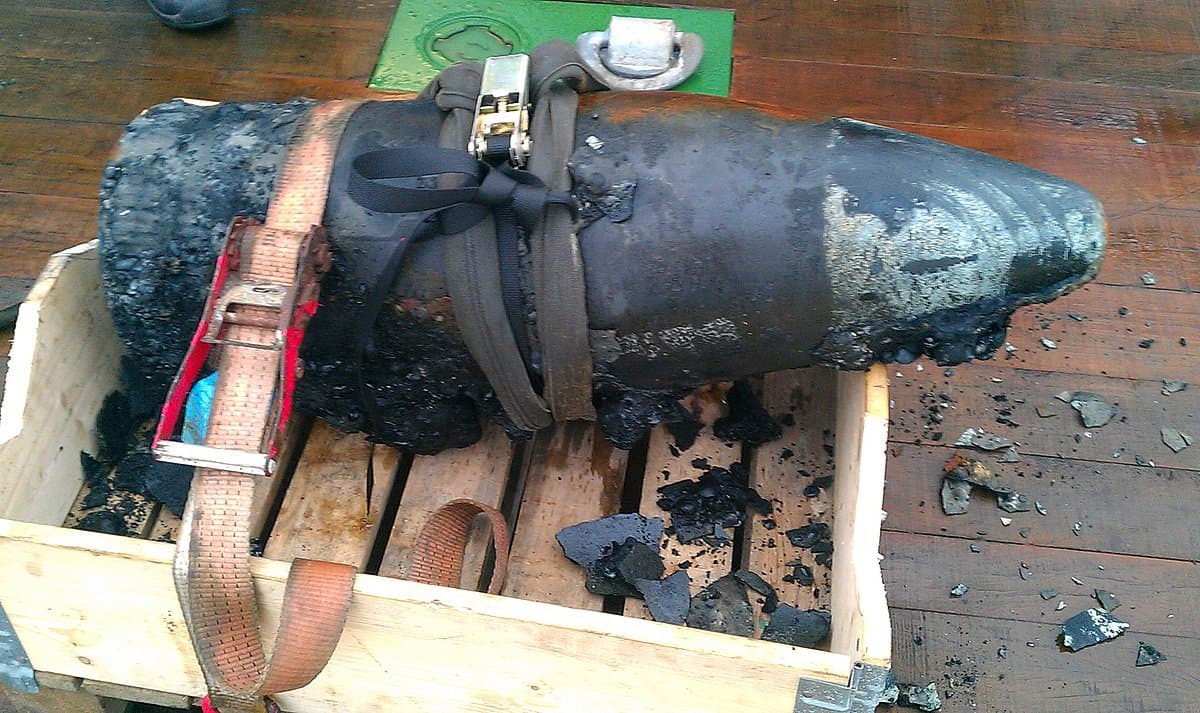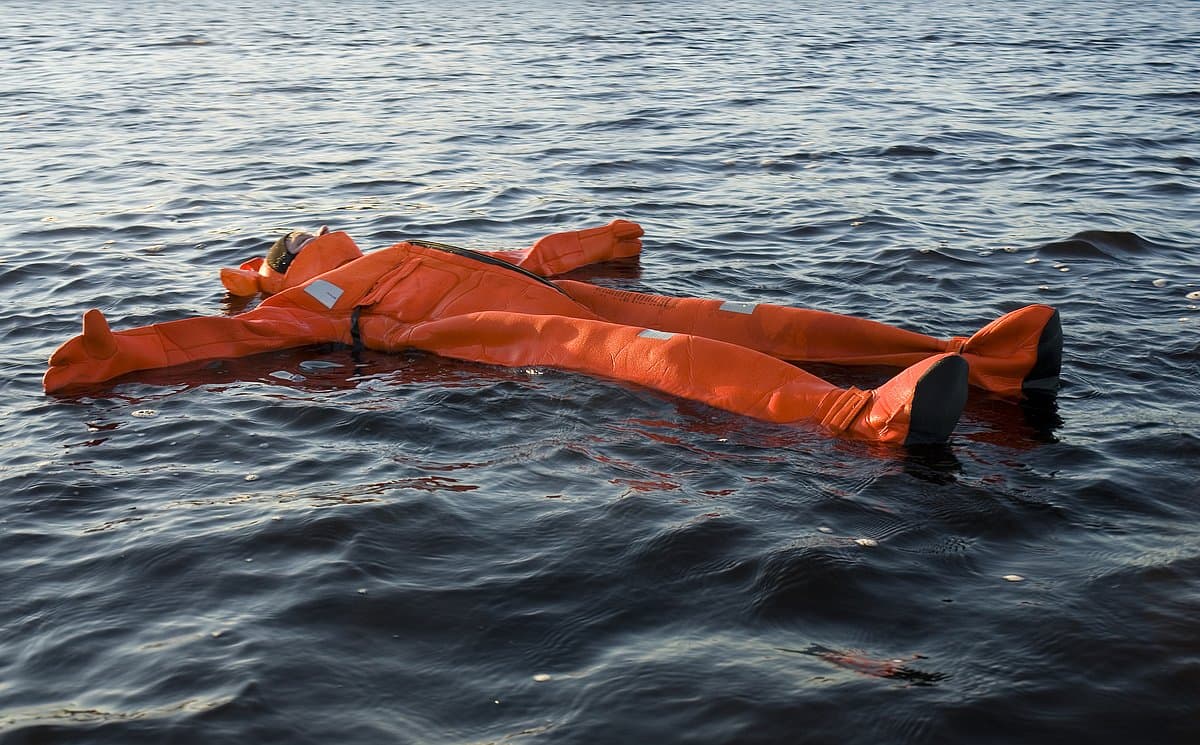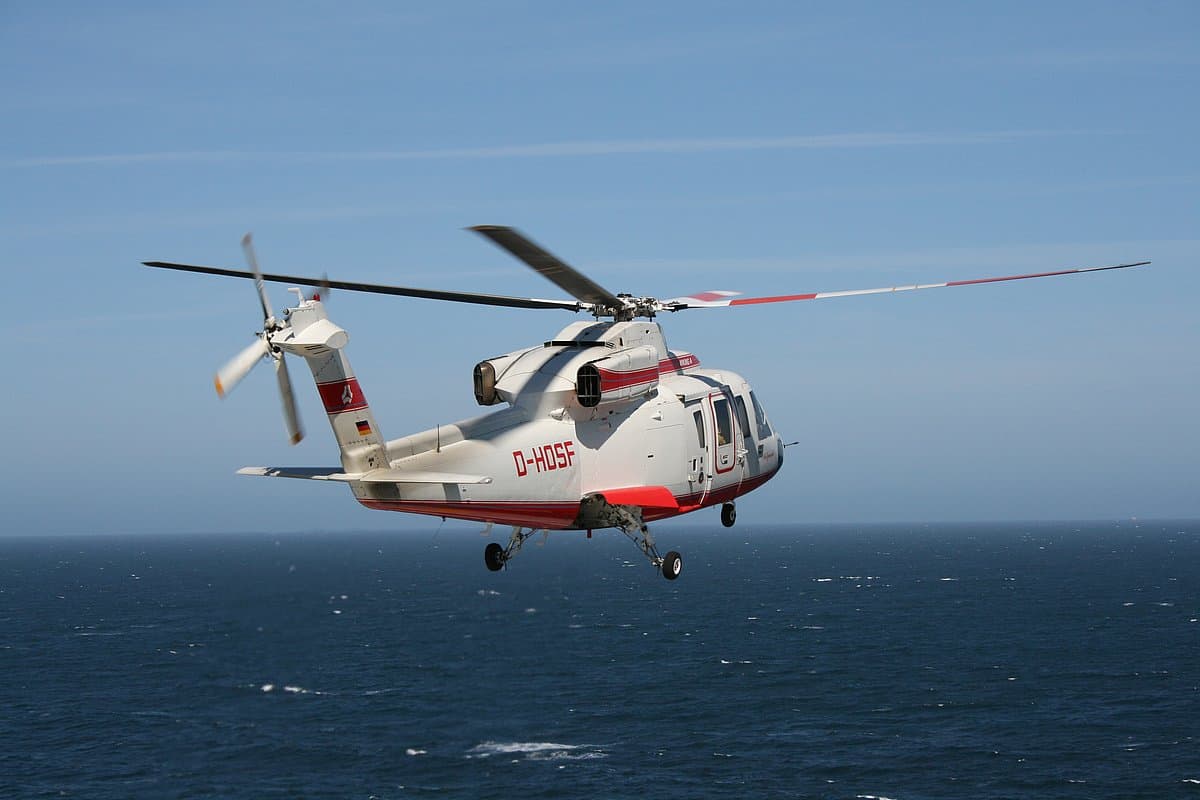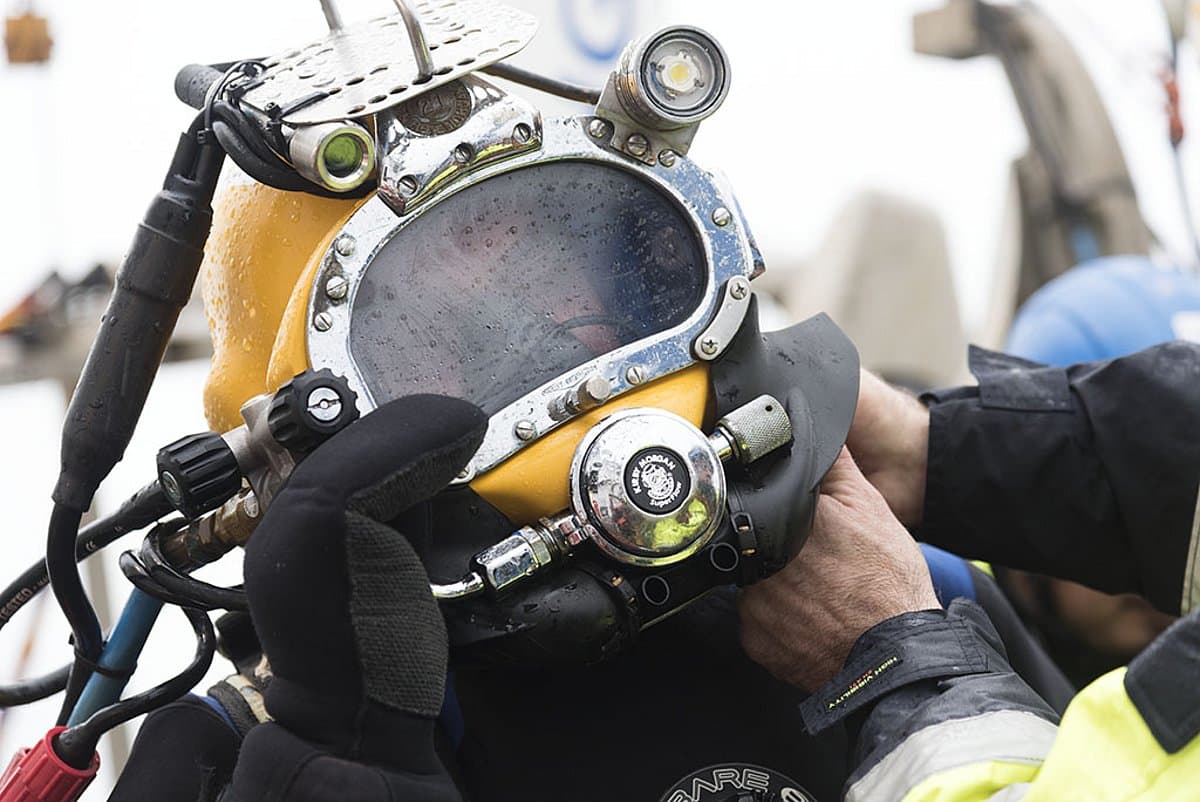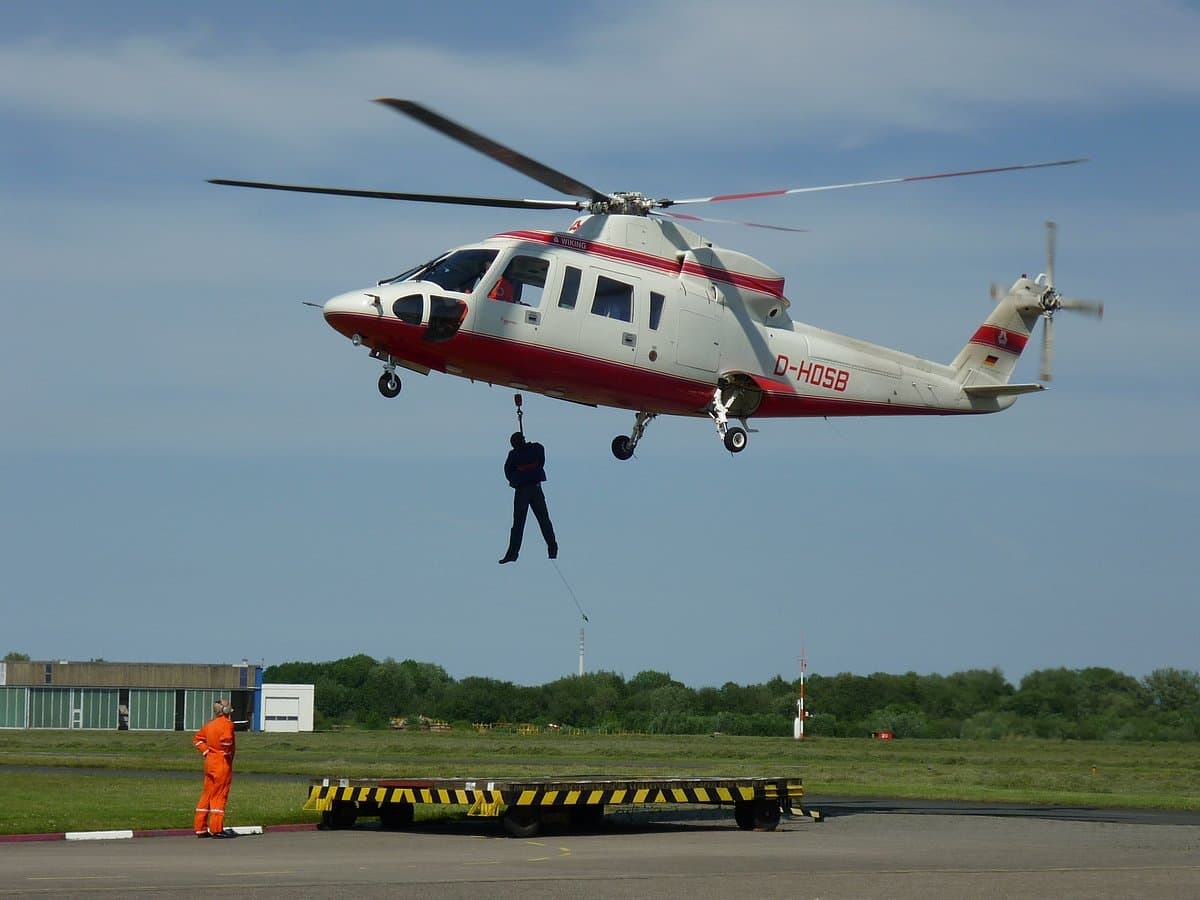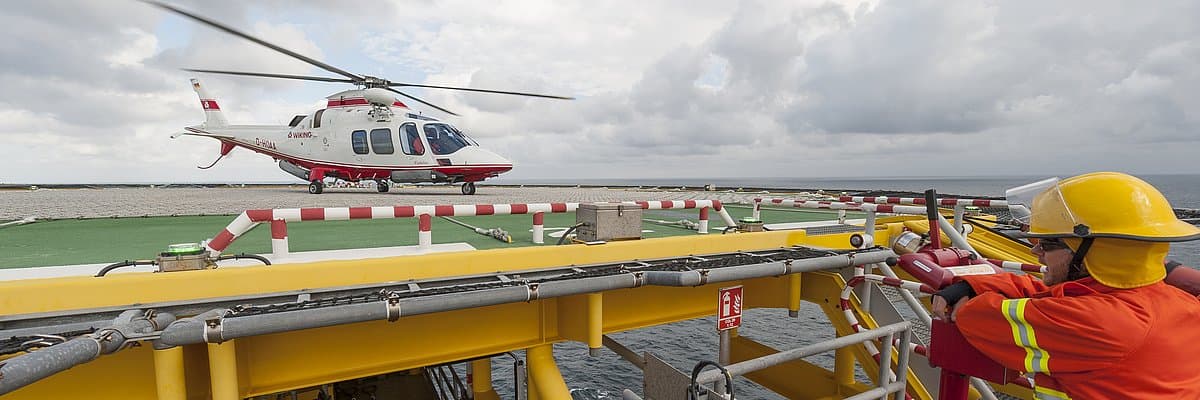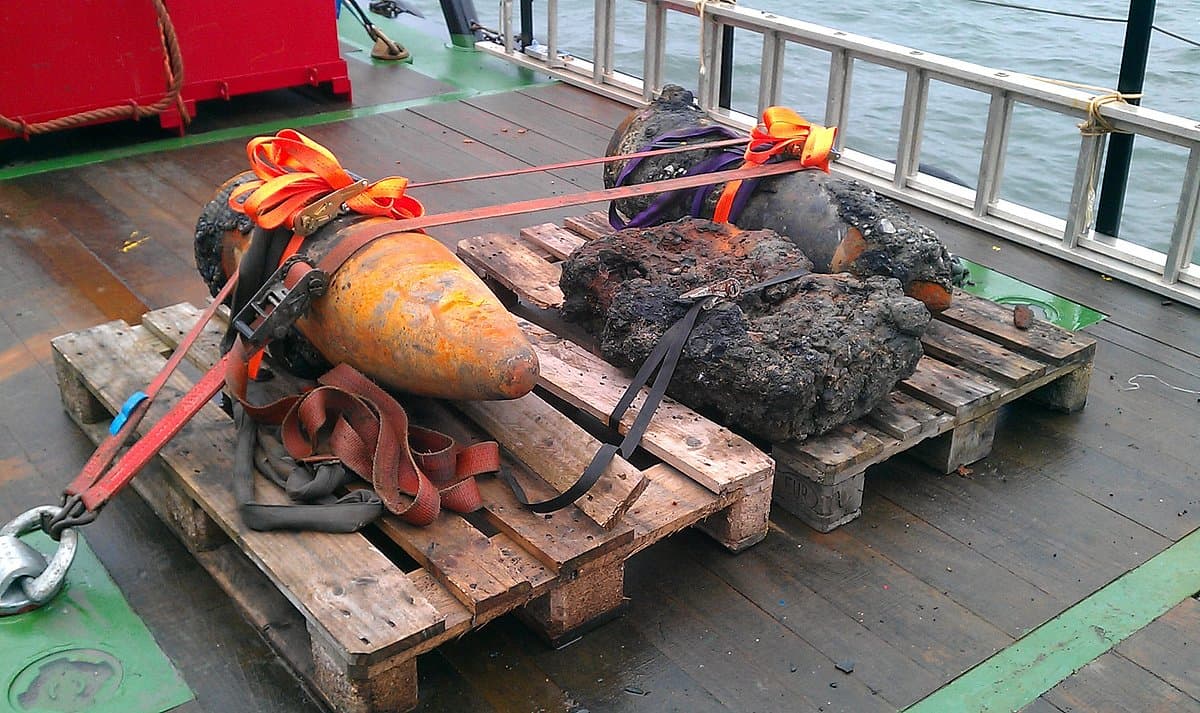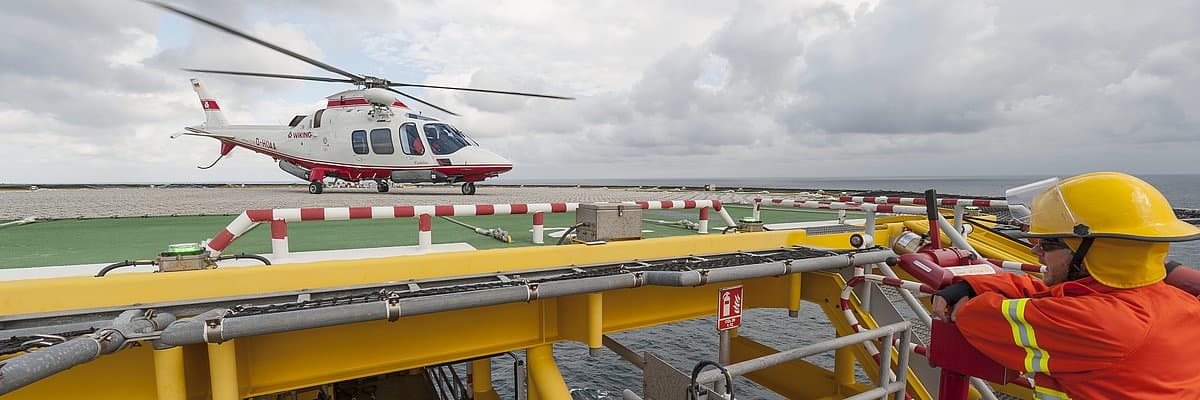
Our challenge offshore
TenneT's offshore projects take place in a sensitive and therefore particularly protected environment. Therefore, TenneT has to meet strict requirements for work at sea, in the mud flats and on land. For example, when piles are driven into the seabed for the installation of the converter platforms, the animals must be protected from construction noise by adequate noise protection measures. Close temporal construction windows also apply to protect the flora and fauna. In the Wadden Sea National Park, for example, birds may not be built during the breeding and resting periods.
Working under difficult conditions
At the same time, the often difficult weather conditions at sea present TenneT with particularly great challenges. Wind, weather and waves make it difficult to work at sea. Cables, for example, can only be laid at a temperature of at least five degrees Celsius. Many work at sea can only be carried out up to a certain wave height, so that weather and waves have a great influence on the construction time.
Furthermore, old ammunition in the North Sea, which was dumped in the sea during and after the Second World War, can also cause problems. For this reason, TenneT is clearing these munitions along the cable route to ensure safe cable laying.
The working environment at sea carries numerous risks. That is why the topic of occupational safety is particularly important at TenneT, because emergency measures take a long time due to the distance to the coast. TenneT therefore regularly invests in safety trainings and courses so that employees at sea can do a good and safe job.
